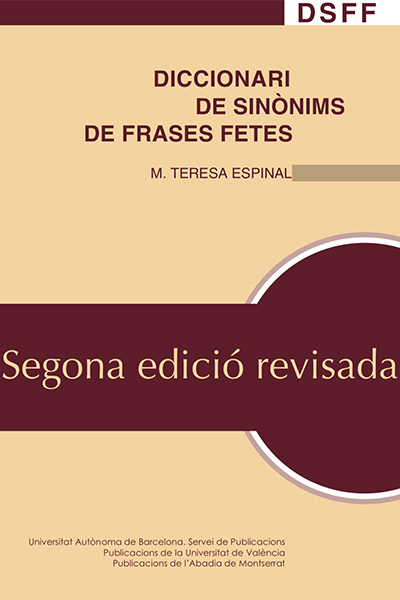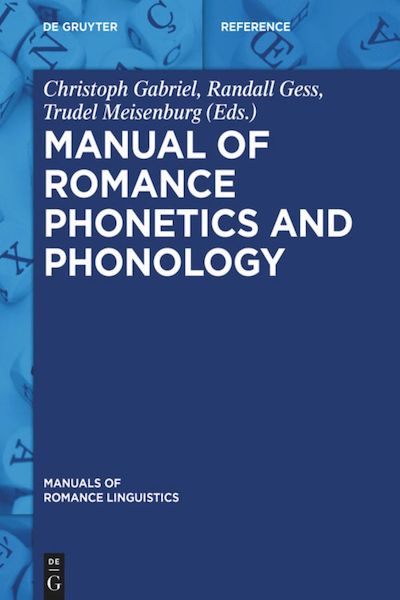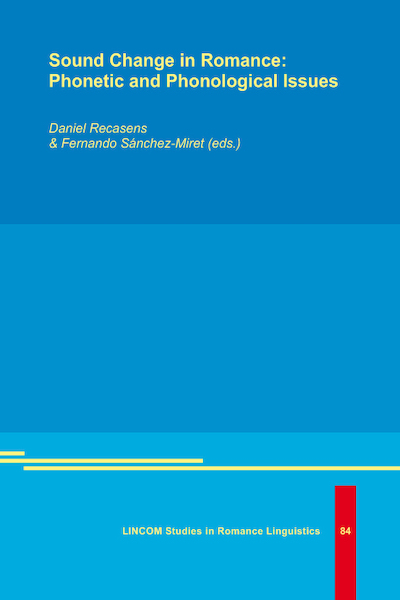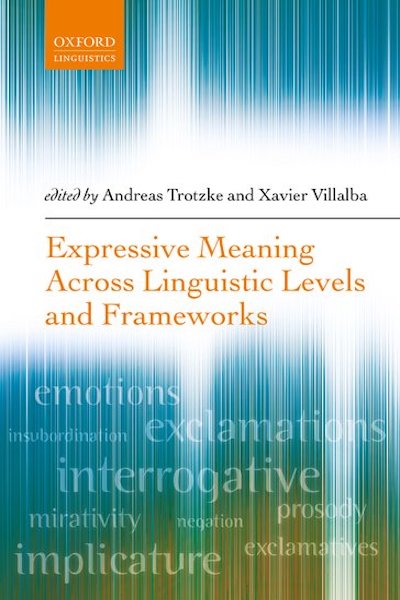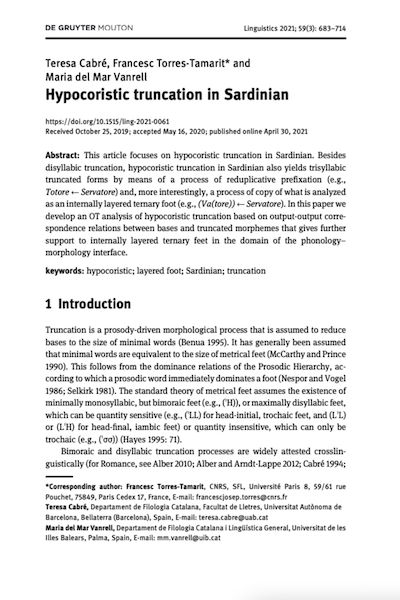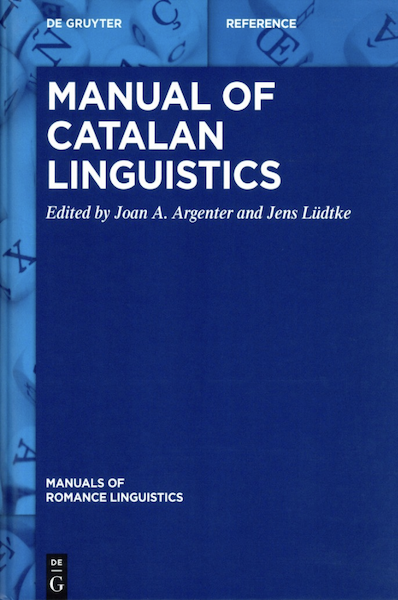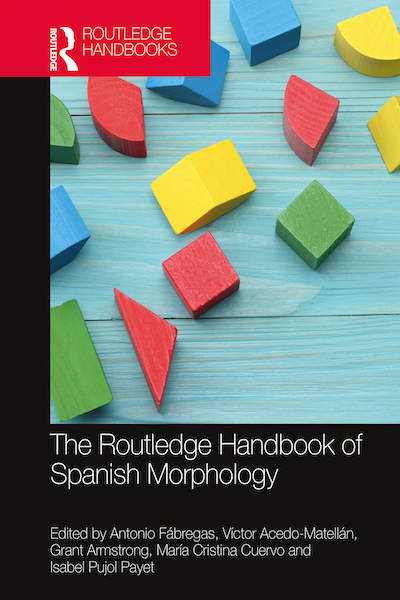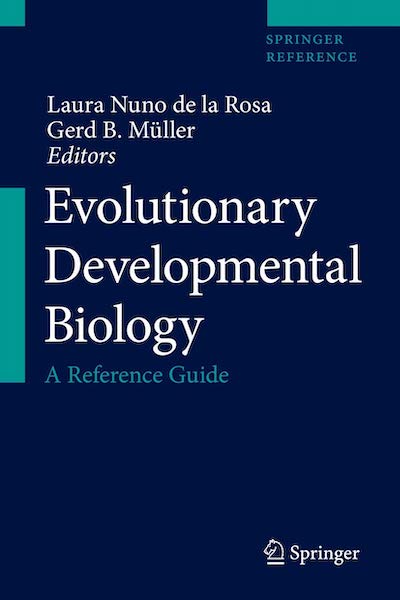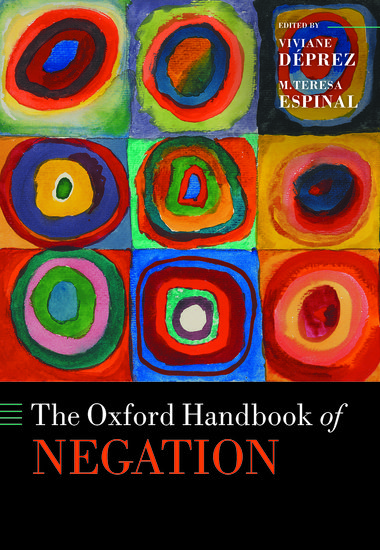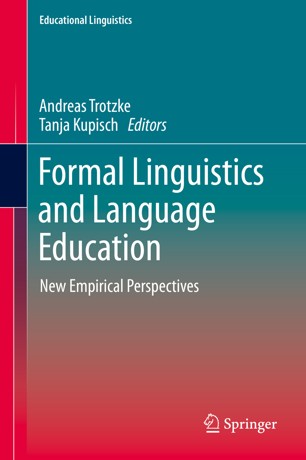
Autors:
Masullo, Casado, Leivada & SoraceTítol:
Register variation and linguistic background modulate accuracy in detecting morphosyntactic errorsEditorial: Isogloss. Open Journal of Romance Linguistics
Data de publicació: 30-03-2025
Pàgines: 36
Més informació
Text complet
Linguistic register is defined as a variety of language shaped by different situational settings. Adapting to register is crucial for successful communication and involves the processing of language features related to register variation. Few studies have focused on the impact of linguistic register on language processing. Our research investigates whether register variation affects the detection of linguistic errors. To determine if linguistic background further impacts the way we deal with register, our sample includes monolingual, bilingual, and bidialectal participants. All groups completed an acceptability judgement task in Italian that features Subject-Verb agreement mismatches presented in high and low register. The results reveal a significant impact of linguistic register on accuracy: morphosyntactic errors are better detected in low-register stimuli. Furthermore, different trends characterize the tested groups. While monolinguals show more similar accuracy rates for low- and high-register sentences, the bilingual groups tend to better spot errors in low-register stimuli. Our findings suggest that register plays an important role in the processing of morphosyntactic errors, highlighting the need to consider both its cognitive and social dimensions. Moreover, the variation observed among the tested groups underscores that language processing can be influenced by factors related to the sociolinguistic dimensions of each linguistic community.

